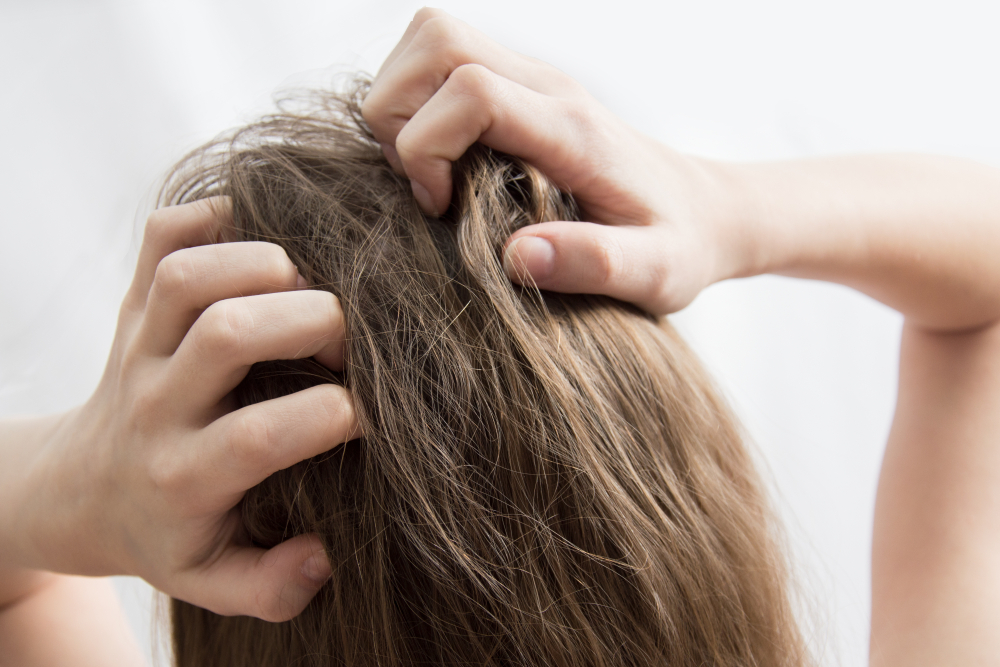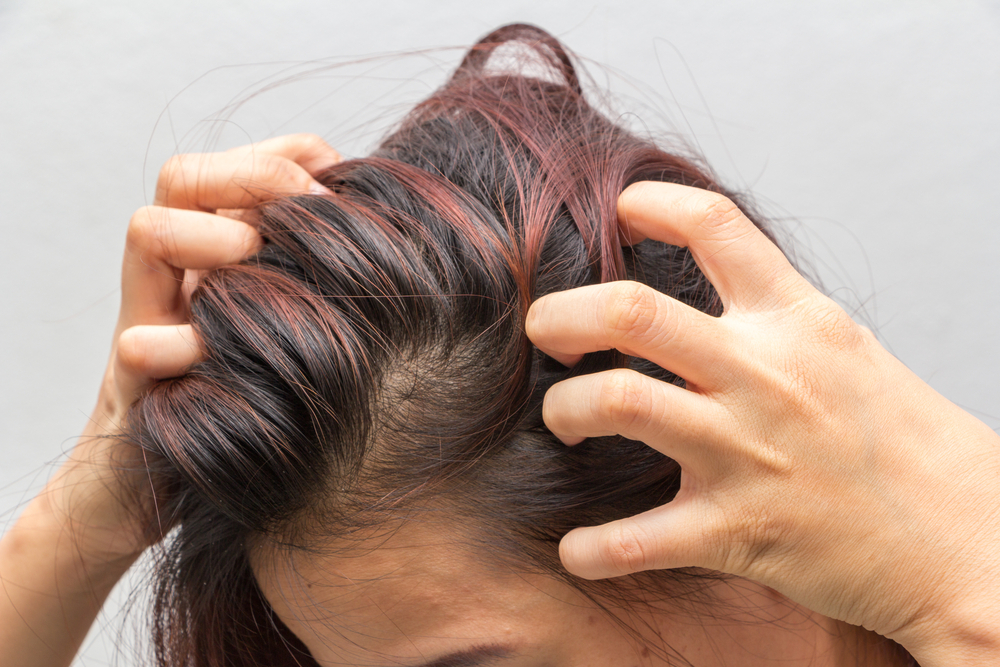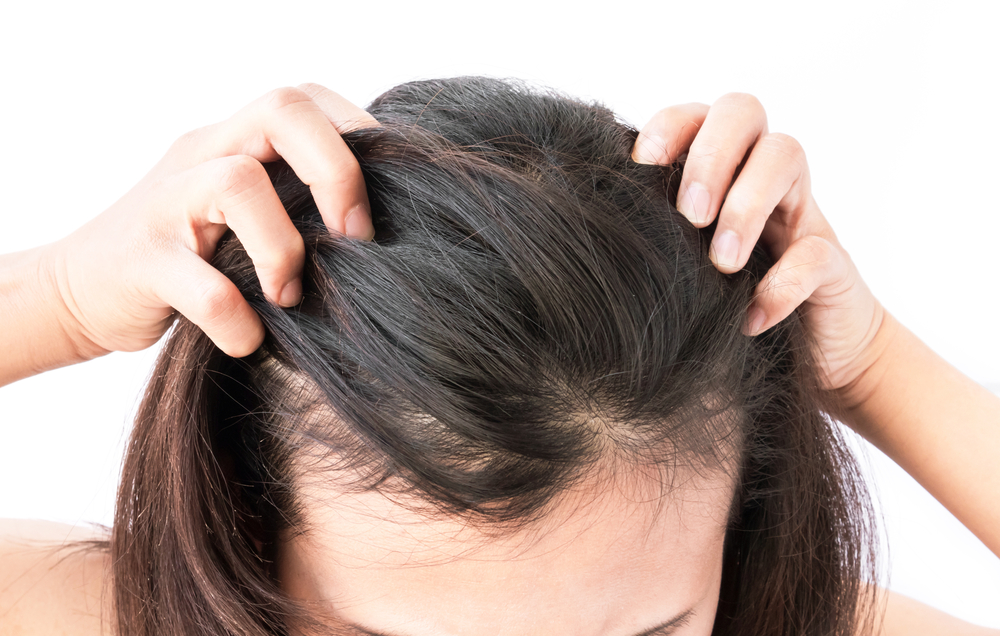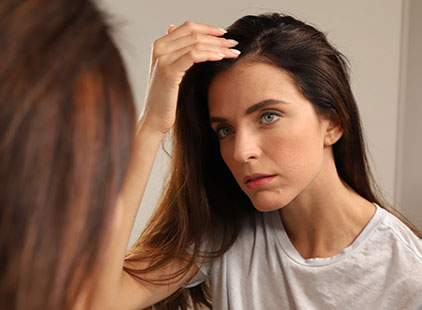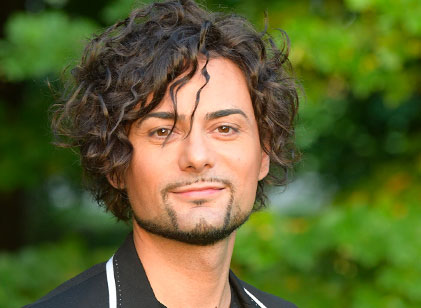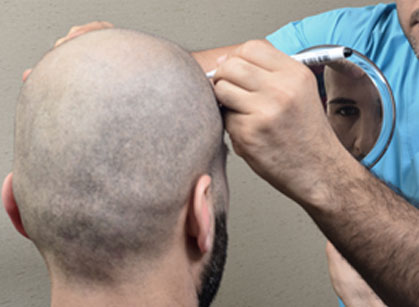Hair loss: manifestation, causes and prevention
A shedding of hair is considered physiologically normal when hair loss is limited to around one hundred hairs per day. During an individual’s life hair grows, falls out and regrows around twenty times. Each cycle, especially for females, may last up to six years and if hair loss is found within this time frame, it is considered absolutely physiological.

 Italiano
Italiano  Português
Português  Français
Français  Español
Español 